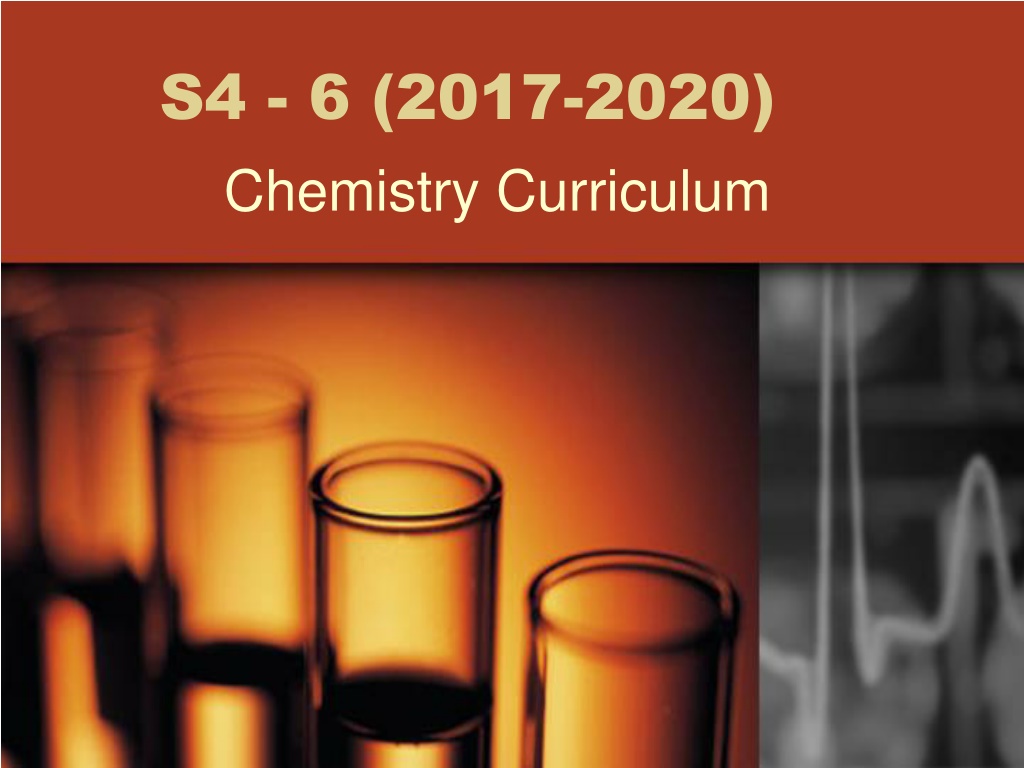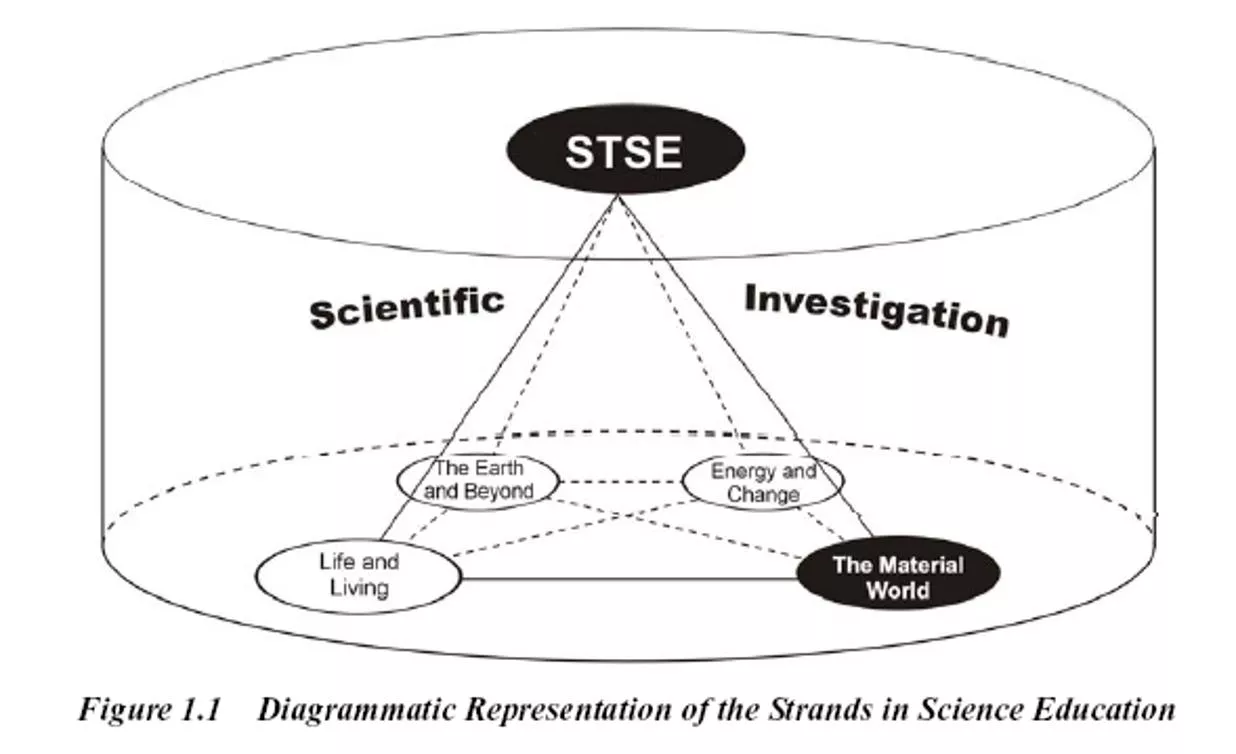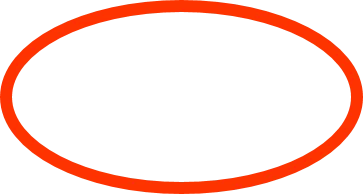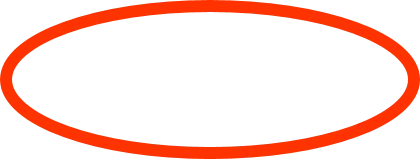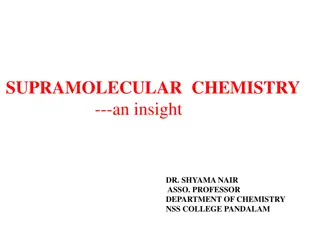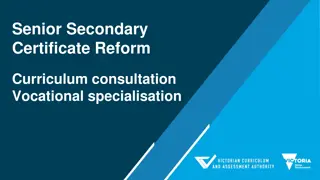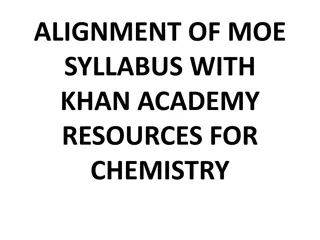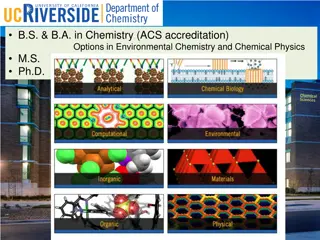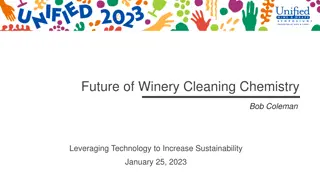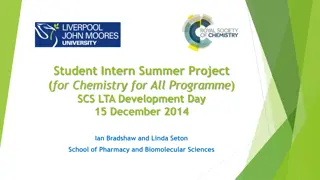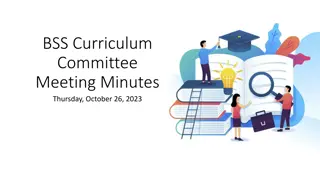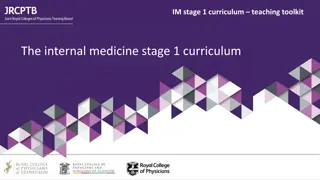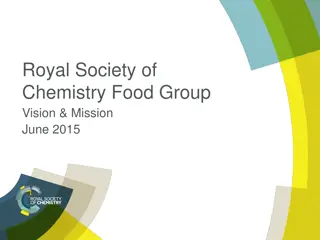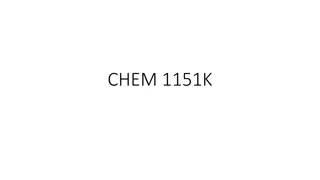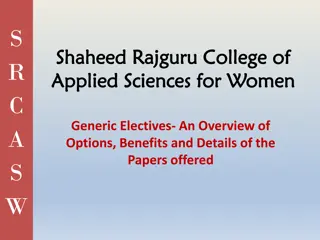Chemistry Curriculum Summary: 2017-2020
Dive into the Chemistry curriculum spanning from 2017 to 2020. Explore key topics, trends, and advancements in the field. Discover the fundamental principles and applications that shape the study of Chemistry during these years. Gain a comprehensive overview of the educational content provided, essential for students and educators alike.
Download Presentation

Please find below an Image/Link to download the presentation.
The content on the website is provided AS IS for your information and personal use only. It may not be sold, licensed, or shared on other websites without obtaining consent from the author.If you encounter any issues during the download, it is possible that the publisher has removed the file from their server.
You are allowed to download the files provided on this website for personal or commercial use, subject to the condition that they are used lawfully. All files are the property of their respective owners.
The content on the website is provided AS IS for your information and personal use only. It may not be sold, licensed, or shared on other websites without obtaining consent from the author.
E N D
Presentation Transcript
S4 - 6 (2017-2020) Chemistry Curriculum
Science education STSE=science-technology-society-environment
Phenomena, facts, principles, concepts, laws and theories Vocabulary, terminology and textual conventions Application of chemistry Scientific investigation Curiosity & interest in science Personal integrity Open-minded attitude Awareness of the impact of chemistry Scientific thinking, method, investigation Problem solving, decision making Practical work
HKU Programme One elective subject Requirements Bachelor of Dental Surgery Biology, Chemistry, Physics, Combined Science or Integrated Science Biology, Chemistry, Physics, Combined Science or Integrated Science Level 3 or above Bachelor of Education and Bachelor of Science Level 3 or above Bachelor of Science in Exercise and Health Biology, Chemistry, Physics, Combined Science, Integrated Science, or Physical Education Level 3 or above Bachelor of Medicine and Bachelor of Surgery Chemistry or Combined Science with Chemistry component Level 3 or above
HKU Programme One elective subject Requirements Bachelor of Chinese Medicine Biology, Chemistry, Physics, Combined Science or Integrated Science Chemistry or Combined Science with Chemistry component Biology, Chemistry, Physics, Combined Science, Integrated Science, or ICT Biology, Chemistry, Physics, Combined Science or Integrated Science Biology, Chemistry, Physics, Combined Science with Biology / Chemistry component Level 3 or above Bachelor of Pharmacy Level 3 or above Bachelor of Business Administration (Information Systems) Level 3 or above Bachelor of Science Level 3 or above Bachelor of Biomedical Science Level 3 or above
CU Programme Engineering One elective subject M1, M2, Biology, Chemistry, Physics, Combined Science or ICT Biology, Chemistry Requirements Level 3 or above Medicine / Medicine Global Physician- Leadership stream Nursing Level 3 or above Biology, Chemistry, Physics, Combined Science or Integrated Science Chemistry Level 3 or above Pharmacy Level 3 or above Level 3 or above Science / Biomedical Sciences / Enrichment Mathematics / Enrichment Stream in Theoretical Physics Chinese Medicine Biology, Chemistry, Physics, Combined Science, Integrated Science, M1 or M2 Biology, Chemistry, Physics, Combined Science or Integrated Science Level 3 or above
Topics to be covered- Compulsory Part 1. Planet earth 2. Microscopic world I 3. Metals 4. Acids & bases 5. Fossil fuels and carbon compounds 6. Microscopic world II 7. Redox reactions, chemical cells and electrolysis
Topics to be covered- Compulsory Part 8. Chemical reactions and energy 9. Rate of reaction 10. Chemical equilibrium 11. Chemistry of carbon compounds 12. Patterns in the chemical world
Topics to be covered- Elective Part (2 out of 3) 13. *Industrial chemistry 14. Materials chemistry 15. *Analytical chemistry (* = electives offered in SHCC)
Public Assessment Compulsory part (60%) Paper I (2.5 hrs) Elective part (20%) Paper II (1 hr, 1 question on each topic) SBA (20%)
SBA S5 & S6 (two SBAs per year) Laboratory work and related skills 20% of the total in Chemistry
How to study well in this subject? Be interested in scientific investigation & analysis Prepare lessons Attentive in class Revise consistently & do exam-type practices Master the skills in laboratory work Understand how to carry out the experiments and why it is carried out in that particular way Raise questions Get more related knowledge from other sources, e.g. books, science magazines and web sites, etc.
